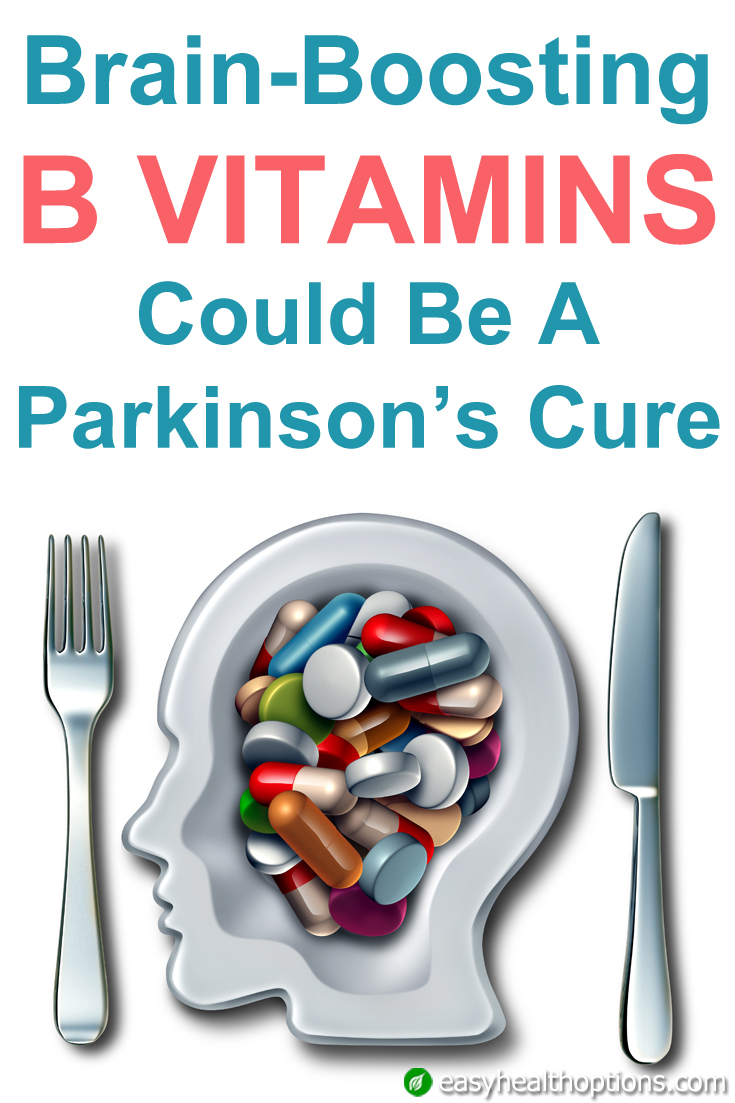Vitamin for Parkinson's Health

There is no cure for Parkinson's disease, but several treatments can help manage the symptoms. Medications, physical therapy, and lifestyle changes can help in managing the symptoms, but adding vitamins to your diet can be beneficial. Vitamins are essential nutrients that our body needs for proper functioning. They play a crucial role in maintaining overall health and preventing various chronic diseases.
Best Vitamins for Parkinson's Disease
1. Vitamin D
Vitamin D plays a crucial role in maintaining bone health and strengthening the immune system. It also has neuroprotective properties that can help in managing the symptoms of Parkinson's disease. Studies have shown that people with Parkinson's disease have low levels of vitamin D in their body. Adding vitamin D to your diet can help in improving muscle strength and reducing the risk of falls.
2. Vitamin B12
Vitamin B12 is essential for proper nerve function and the production of red blood cells. It also helps in maintaining brain health and reducing the risk of cognitive decline. People with Parkinson's disease have a higher risk of developing vitamin B12 deficiency due to the use of medication that interferes with its absorption. Adding vitamin B12 to your diet can help in improving cognitive function and reducing the risk of depression.
3. Vitamin E
Vitamin E is an antioxidant that helps in protecting the brain cells from damage caused by oxidative stress. It also has anti-inflammatory properties that can help in reducing inflammation in the brain. Studies have shown that adding vitamin E to your diet can help in reducing the risk of cognitive decline and improving motor function in people with Parkinson's disease.
How to Add Vitamins to Your Diet?
Adding vitamins to your diet can be easy and convenient. Here are a few ways to add vitamins to your diet:
1. Include Vitamin-Rich Foods
Include foods that are rich in vitamins in your diet. Foods like fatty fish, eggs, dairy, leafy greens, and nuts are rich in essential vitamins and minerals.
2. Take Supplements
If you are unable to get enough vitamins from your diet, consider taking supplements. Consult your doctor before taking any supplements.
Pros and Cons of Vitamins for Parkinson's Disease
Pros
- Vitamins can help in managing the symptoms of Parkinson's disease.
- Vitamins can improve cognitive function and reduce the risk of depression.
- Vitamins can improve bone health and reduce the risk of falls.
Cons
- Excessive intake of vitamins can cause toxicity.
- Some vitamins can interfere with the absorption of medication.
- Some vitamins can interact with other medications.
Conclusion
Adding vitamins to your diet can be beneficial in managing the symptoms of Parkinson's disease. Vitamins like vitamin D, vitamin B12, and vitamin E can improve cognitive function, reduce the risk of depression, and improve bone health. However, it is essential to consult your doctor before adding any supplements to your diet.
FAQs
Q. Can vitamins cure Parkinson's disease?
A. No, vitamins cannot cure Parkinson's disease, but they can help manage the symptoms.
Q. Can vitamin supplements interfere with my medication?
A. Yes, some vitamins can interfere with the absorption of medication. Consult your doctor before taking any supplements.
Q. Is it safe to take vitamin supplements?
A. Yes, it is safe to take vitamin supplements, but it is essential to consult your doctor before taking any supplements.
Q. Can I get enough vitamins from my diet?
A. Yes, you can get enough vitamins from your diet by including foods that are rich in essential vitamins and minerals.
